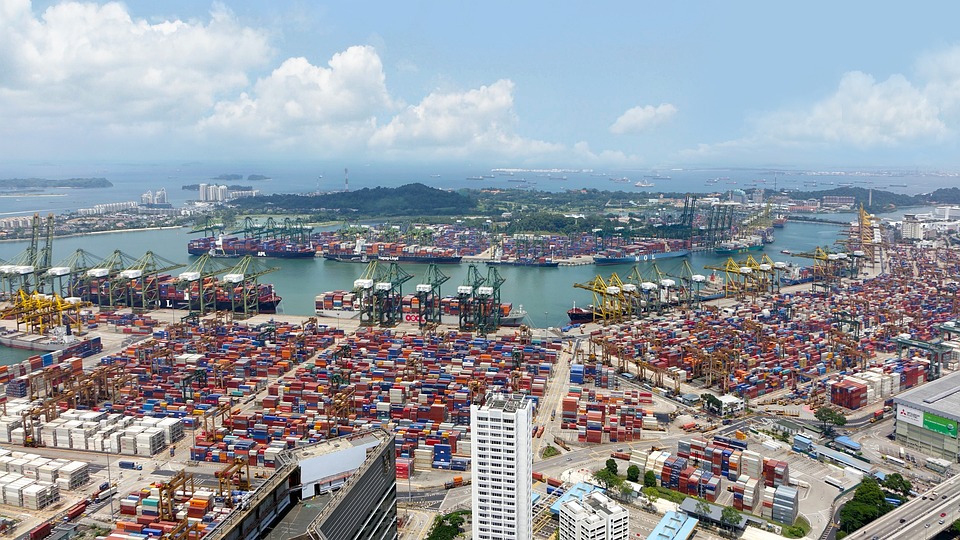
Foreign trade import and export: How to avoid the pitfalls weve stepped on over the years?
In the world of foreign trade import and export, every step is full of challenges and opportunities. As a foreign trade practitioner with 20 years of experience, I have witnessed the success and failure of many enterprises in international trade. Today, I would like to share some practical experiences and skills with you to help you navigate the complex international trade environment with ease.
Understand your target market
First, understanding your target market is crucial. Each country has its unique culture, laws, and business practices. For example, the European market has higher environmental standards for products, while the U.S. market focuses more on product innovation and brand stories. Before entering a new market, be sure to conduct thorough market research to understand the needs and preferences of local consumers.
Compliance and document preparation
Foreign trade import and export involves a large number of legal and compliance issues. Ensuring that all documents are complete and comply with local regulations is key to avoiding potential risks. Here are some common types of documents:
- commercial invoice
- Packing List
- Certificate of Origin
- Insurance policy
In addition, attention must be paid to changes in tariff and tax policies. For example, some countries may impose high tariffs on specific products, so these factors must be considered when quoting prices.
Logistics and Transportation
Logistics is an important part of foreign trade import and export. Choosing the right transportation method and logistics partner can significantly reduce costs and improve efficiency. Here are some common transportation methods and their pros and cons:
| Transportation Method | Advantages | Disadvantages |
|---|---|---|
| The Maritime | Low cost, suitable for bulk cargo | Long transportation time |
| air transport | Fast speed, suitable for urgent goods | High cost |
| Land transportation | Flexible, suitable for neighboring countries | Geographical restrictions |
When choosing a logistics partner, be sure to consider their reputation, service quality, and price. In addition, it is necessary to understand the risks that may arise during transportation and purchase corresponding insurance.
management of risk
Foreign trade import and export is full of uncertainties, so risk management is crucial. Here are some common risks and their coping strategies:
- Exchange rate risk:Use foreign exchange hedging tools or sign fixed exchange rate contracts.
- Credit risk:Ensure payment security through letters of credit or third-party guarantees.
- Political risk:Monitor the political situation of the target country and purchase political risk insurance.
In addition, regular review and update of risk management strategies are necessary.
Communication and negotiation
In international trade, effective communication and negotiation skills are key to success. Here are some suggestions:
- Understand the other partys culture and business practices to avoid misunderstandings caused by cultural differences.
- Be patient and flexible, especially during negotiations.
- Clearly express your needs and expectations while also listening to the other party.
Good communication and negotiation can not only close deals but also establish long-term cooperative relationships.
Summary
Foreign trade import and export is a complex and challenging field, but with adequate preparation and the right strategies, you can avoid many potential risks and achieve efficient trade. I hope this article can provide you with some valuable advice to help you succeed in international trade.
If you have any questions or need further assistance, please feel free to contact me. I will do my best to support you.


 Follow Customer Service WeChat
Follow Customer Service WeChat